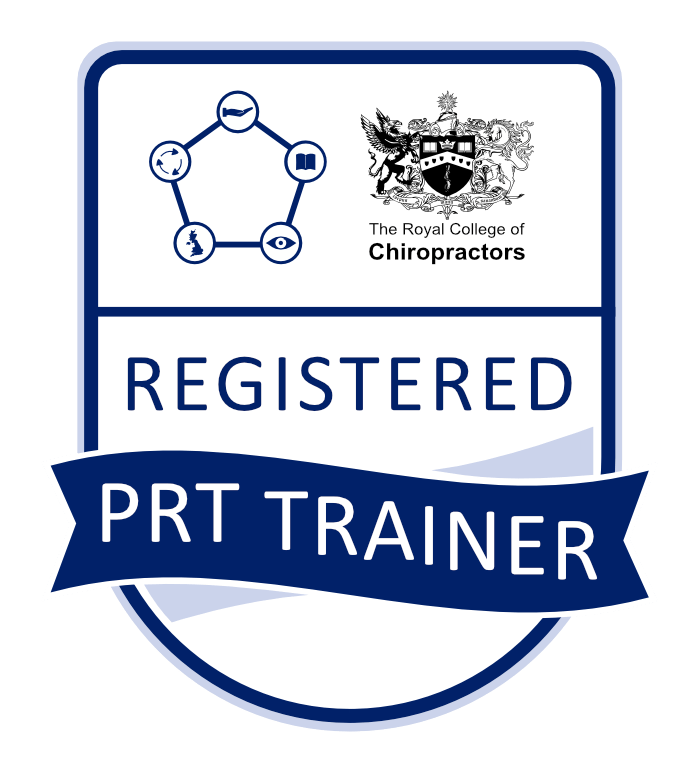Picture a stressed person, with an inability to relax. They maybe have tight, rounded shoulders, up by their ears, a clenched jaw, perhaps a headache. They have a general tension about their person. It’s possible that they are more irritated, snappy or having a short fuse, not necessarily concentrating well on the task at hand. Stress and tension has effect on the body, one which is physical as well as emotional. You are probably adopting a similar pose just reading this. If someone struggles with stress or tension over a long period, the tension in the muscles and postural changes which develop do not necessarily just disappear when the stress resolves, This tends to be when people find they struggle to relax.
Chiropractors look at their patients as a whole, not just a mechanical problem needing a solution. We use the biopsychosocial model of pain to look at all aspects of what might be causing or aggravating a problem. This model suggests that pain is intrinsically linked to the biological, psychological and social aspects of a persons life.
Pain can have an impact on your work and social life, your relationships with family and friends, over time it can start to affect your mood. Stress and tension can also impact on the relationships around you as well as changing the way you perceive your pain. Long-term pain can lead to changes in the way your body processes and deals with pain, making it more severe. Time off work or away from social commitments can increase stress and tension, increasing feelings of isolation which have a negative effect on pain perception. Exercise, laughter and other social interactions release endorphins, the body’s natural painkillers which can improve overall pain levels and disability.
As chiropractors we aim to resolve and physical issues surrounding tension and an inability to relax. These can persist long after the initial stress has gone, or can be a long-term issue arising from a difficult work or home life. We also aim to support patients in helping themselves. We try to encourage patients back into work, hobbies and physical activity as soon as they are at a point in their recovery to do so. Patients often underestimate the impact that these daily interactions have on their overall health and wellbeing. When appropriate a chiropractor will discuss mindfulness, mediation, relaxation or breathing techniques to help to resolve tension, stress or an inability to relax.


